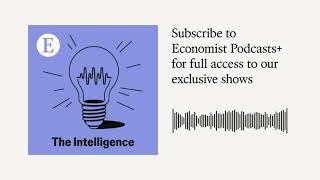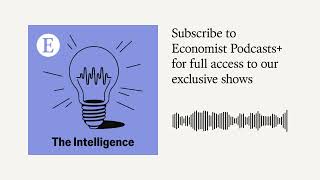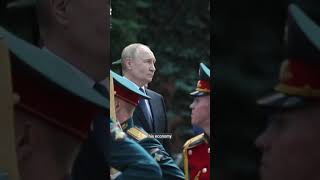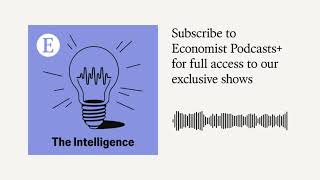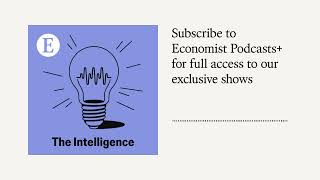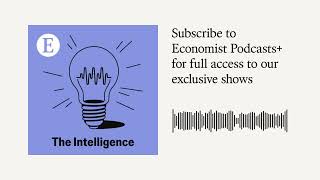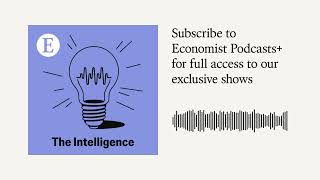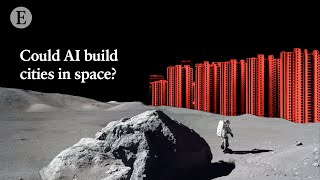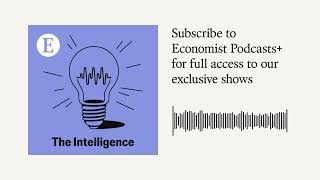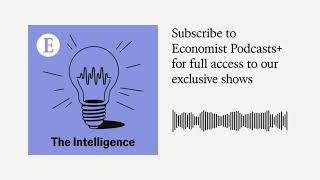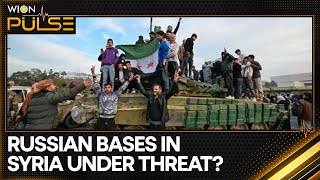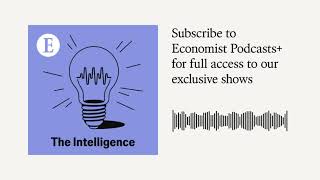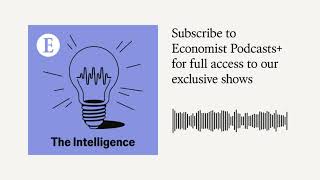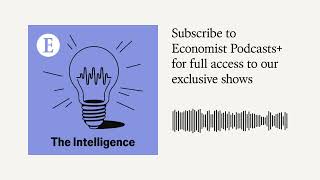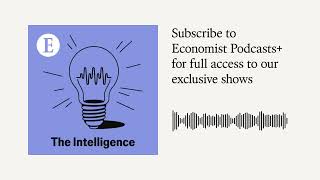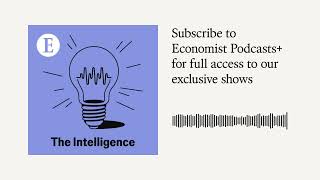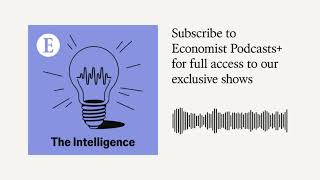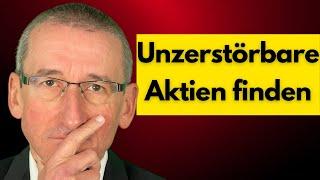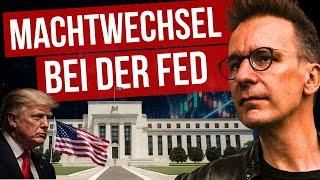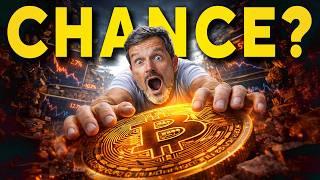Category Archive: 5) Global Macro

Between Estonia and a hard place: NATO meets
At the icy border between Russia and Estonia, the anxieties of NATO member states are clear, our correspondent reports. Leaders there have been debating defence spending...
Read More »
Read More »
Mass graves: revealing Syria’s horror
Ten days after the fall of Syria’s dictator Bashar al-Assad, the full brutality of his rule (https://www.economist.com/middle-east-and-africa/2024/12/09/inside-bashar-al-assads-dungeons?utm_campaign=a.io&utm_medium=audio.podcast.np&utm_source=theintelligence&utm_content=discovery.content.anonymous.tr_shownotes_na-na_article&utm_term=sa.listeners) is being uncovered. Our correspondent travels to a site near Damascus, thought to be a...
Read More »
Read More »
Why Putin is in an economic bind #Putin #Russia #Ukraine #geopolitics
Most central banks are cutting interest rates. But Russia has recently hiked them—to 21%. Why? Because Vladimir Putin’s war in Ukraine is overheating his economy
Read More »
Read More »
Scholz fired: Germany calls snap election
After Olaf Scholz (https://www.economist.com/graphic-detail/2024/12/13/what-to-expect-after-germanys-confidence-vote?utm_campaign=a.io&utm_medium=audio.podcast.np&utm_source=theintelligence&utm_content=discovery.content.anonymous.tr_shownotes_na-na_article&utm_term=sa.listeners), Germany’s chancellor, lost a confidence vote in parliament yesterday, Germany is preparing for a snap election. Urban waste is a growing problem...
Read More »
Read More »
Will Russian troops stay in Syria?
Since the fall of Assad’s regime there’s been speculation over the future of Russia’s presence in Syria. Our Middle East correspondent reports on negotiations that might mean Russia will be able to keep its military bases #syria #assad #middleeast #russia #geopolitics
Read More »
Read More »
Off-side: Georgians reject new president
This weekend, the ruling Georgian Dream party elected a new president – but only one name was on the ballot. That sparked further street protests, as our correspondent reports. Why a new US administration will find it hard to cut costs at NASA...
Read More »
Read More »
Minds blown: are we getting dumber?
Many adults perform worse (https://www.economist.com/leaders/2024/12/12/can-you-read-as-well-as-a-ten-year-old?utm_campaign=a.io&utm_medium=audio.podcast.np&utm_source=theintelligence&utm_content=discovery.content.anonymous.tr_shownotes_na-na_article&utm_term=sa.listeners) in tests of literacy and numeracy than the average ten year old. And results have worsened in the past decade. Are our brains rotting? Russia’s economy...
Read More »
Read More »
Intel in slide: a chipmaker on the ropes
Layoffs, suspended dividends, a share price in free fall, a chief executive hustled out the door: Intel is in a bad way (https://www.economist.com/business/2024/12/02/intels-troubles-deepen-as-its-boss-makes-an-abrupt-exit?utm_campaign=a.io&utm_medium=audio.podcast.np&utm_source=theintelligence&utm_content=discovery.content.anonymous.tr_shownotes_na-na_article&utm_term=sa.listeners). But America needs a chipmaking champion, so what...
Read More »
Read More »
Could AI build cities in space?
Fast forward into the future, when building in space is normal, from huge satellites and spacecraft in orbit, to entire cities on the Moon and Mars. Could robots guided by AI make it happen?
Video supported by @mishcon_de_reya
00:00 - Future of building in space
00:43 - Machina Labs
02:15 - Could we 3D print in space?
02:44 - Infrastructure on the Moon
03:25 - AI & robotics on Mars
04:41 - History of AI in space
05:41 - Challenges to...
Read More »
Read More »
Bye, cell: inside a notorious Syrian prison
As Syrians awoke to a new era, thousands rushed to fling open the dark, filthy prisons (https://www.economist.com/middle-east-and-africa/2024/12/09/inside-bashar-al-assads-dungeons?utm_campaign=a.io&utm_medium=audio.podcast.np&utm_source=theintelligence&utm_content=discovery.content.anonymous.tr_shownotes_na-na_article&utm_term=sa.listeners) where Bashar al-Assad locked up dissenters. Our correspondent followed along. The first of...
Read More »
Read More »
Bringing up Bibi: Netanyahu testifies
For five years the prospect of a criminal prosecution has loomed over Binyamin Netanyahu. Today he becomes the first Israeli prime minister to testify as a defendant. A shocking fraction of master’s degrees confer no financial benefit—and may even leave degree-holders worse off...
Read More »
Read More »
Russia to Discuss Military Bases With Syria’s New Rulers, Says Kremlin | World News | WION Pulse
The Kremlin said on Monday that it was too early to say what the future would hold for Russia's military bases in Syria, adding that it would be the subject of discussion with the new rulers in Damascus.
Read More »
Read More »
Peace from pieces: Syria after Assad
President Bashar al-Assad has been run out, his regime in tatters. As Syrians awaken to a new era, how can they put their broken country back together (https://www.economist.com/middle-east-and-africa/2024/12/08/who-will-rule-syria-now-the-assad-regime-has-been-toppled?utm_campaign=a.io&utm_medium=audio.podcast.np&utm_source=theintelligence&utm_content=discovery.content.anonymous.tr_shownotes_na-na_article&utm_term=sa.listeners)...
Read More »
Read More »
US Announces Nearly $1 Billion in New Military Aid for Ukraine | World News | WION
The United States on Saturday announced a nearly $1 billion security assistance package for Ukraine as Washington races to provide aid to Kyiv before President-elect Donald Trump takes office. Watch for more details!
Read More »
Read More »
Ashes to Masses: Notre Dame’s stunning return
Many thought a five-year timeline was too ambitious. But even as France’s politics falls apart, it has managed to put the cathedral back together with aplomb...
Read More »
Read More »
Michel shock: France’s government falls
An alliance of the far right and the left has sacked (https://www.economist.com/leaders/2024/12/04/frances-parliament-fires-the-prime-minister?utm_campaign=a.io&utm_medium=audio.podcast.np&utm_source=theintelligence&utm_content=discovery.content.anonymous.tr_shownotes_na-na_article&utm_term=sa.listeners) Prime Minister Michel Barnier; out goes his budget and the government. Can President Emmanuel Macron find a stable path between...
Read More »
Read More »
Are young adults refusing to grow up?
Are young people today stuck in their teenage years? In a book published in 2024, one author argues that they are. Is he right?
Is Western culture stopping people from growing up?: https://econ.st/4fVw8Q1
Read more of our culture content: https://econ.st/4fWxIkH
Sign up to our daily newsletter: https://econ.st/4gyhHCm
Read More »
Read More »
Dark side of the Yoon: South Korea’s chaos
The country’s increasingly unpopular president, Yoon Suk Yeol, backed down six hours after his shocking move of imposing martial law. South Korea’s democracy has held firm...
Read More »
Read More »
Talk to EU later: Georgia’s fiery protests
The country has been turning increasingly away from Europe and towards Russia—but a halt to EU-accession talks has sparked enormous demonstrations (https://www.economist.com/europe/2024/12/02/huge-anti-russian-protests-in-tbilisi-echo-ukraines-maidan?utm_campaign=a.io&utm_medium=audio.podcast.np&utm_source=theintelligence&utm_content=discovery.content.anonymous.tr_shownotes_na-na_article&utm_term=sa.listeners). Researchers know...
Read More »
Read More »
Shock and thaw: Syria’s frozen war resumes
The country’s civil war never ended—it became a fragile stalemate that fell out of the news. A surprise rebel advance (https://www.economist.com/middle-east-and-africa/2024/11/30/syrian-rebels-sweep-into-aleppo-in-an-embarrassing-rout-for-bashar-al-assad?utm_campaign=a.io&utm_medium=audio.podcast.np&utm_source=theintelligence&utm_content=discovery.content.anonymous.tr_shownotes_na-na_article&utm_term=sa.listeners) reveals how the...
Read More »
Read More »









